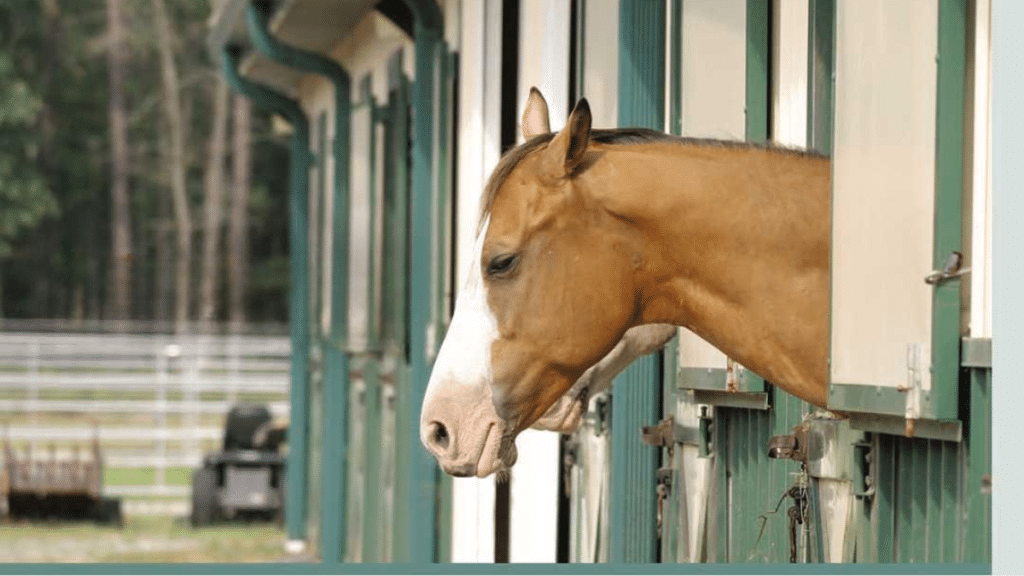As a horse owner, you’ve likely witnessed the gradual changes in your equine companion over the years. From the spirited gallop of youth to the measured stroll of maturity, your horse’s needs evolve with time. Whether looking for Natural magnetic therapy solutions for horses, understanding these shifts is crucial for optimal care throughout your horse’s life. This article will guide you through the various life stages of horses, highlighting the physical and behavioral changes you can expect.
Equine Aging: How a Horse’s Needs Change Over Time
As horses mature, their nutritional and care requirements evolve significantly. Young horses need high-energy diets to support rapid growth and development, while senior equines often require easily digestible feeds to maintain weight. Exercise needs also shift, with younger horses benefiting from more intense workouts and older ones needing gentler, consistent activity to maintain flexibility.
Healthcare priorities change, too. Foals and yearlings need frequent deworming and vaccinations, while geriatric horses may require more dental care and joint health attention. Regular veterinary check-ups and magnetic therapy for horses become increasingly crucial as horses age to monitor for age-related conditions like Cushing’s disease or arthritis.
Adapting Exercise and Turnout for the Aging Horse
As your equine companion enters its golden years, adjusting their exercise regimen and turnout routine is crucial. Older horses benefit from regular, gentle movement to maintain joint flexibility and muscle tone. Consider shorter, more frequent riding sessions or hand-walking instead of intense workouts. Turnout time remains essential, but you may need to provide a smaller, level pasture to reduce the risk of injury.
Observe your horse closely for signs of discomfort or fatigue during activity. Gradually introduce changes to their routine, allowing ample time for adaptation. Remember, each horse ages differently, so consult your veterinarian to create a tailored exercise plan that suits your senior equine’s needs and capabilities.
Nutrition for Horses in Their Golden Years
As horses age, their nutritional needs evolve significantly. Senior equines often require a fiber and starch diet to support digestive health and maintain a healthy weight. You’ll want to focus on easily digestible feeds rich in essential nutrients, particularly omega-3 fatty acids and antioxidants, to support joint health and immune function.
Consider incorporating specialized senior horse feeds formulated to meet these changing needs. These feeds often feature softer textures to accommodate dental issues common in older horses. Additionally, you may need to adjust feeding frequency, offering smaller meals more often throughout the day to aid digestion and nutrient absorption in your aging equine companion.
Recognizing and Managing Common Health Issues in Senior Horses
As your equine companion enters its golden years, vigilance becomes crucial in maintaining health and comfort. Senior horses often face unique challenges, including arthritis, dental problems, and metabolic disorders. Regular veterinary check-ups are essential to catch these issues early.
You’ll need to adjust your horse’s diet to meet its changing nutritional needs, possibly incorporating senior-specific feeds or supplements. Pay close attention to weight fluctuations, as both obesity and weight loss can exacerbate health problems. Implementing a gentle exercise routine can help maintain muscle tone and joint flexibility. You can ensure your aging horse enjoys a comfortable and dignified retirement by staying proactive and attentive.
Keeping an Elderly Horse Happy and Comfortable
As your equine companion enters their golden years, their needs evolve. Providing a comfortable environment is crucial for their well-being. Ensure their living space has soft, dry bedding to cushion aging joints. Offer easy access to fresh water and high-quality feed tailored for senior horses. Regular, gentle exercise helps maintain muscle tone and flexibility, but be mindful of your limitations.
Dental care has become increasingly important, and frequent check-ups are scheduled to address any issues affecting their eating habits. Most importantly, spend quality time with your elderly horse. Grooming sessions and quiet moments strengthen your bond and contribute to their emotional health during this special stage of life.
Final Thoughts
As you continue to care for your equine companion throughout its life stages, remember that adapting to its changing needs is crucial for maintaining optimal health and well-being. Whether looking for Natural magnetic therapy solutions for horses, recognizing the signs of aging, and adjusting your horse’s diet, exercise routine, and living conditions can ensure a comfortable and fulfilling life for your faithful friend. Stay informed about the latest developments in equine care, consult with your veterinarian regularly, and remain attentive to your horse’s requirements.
